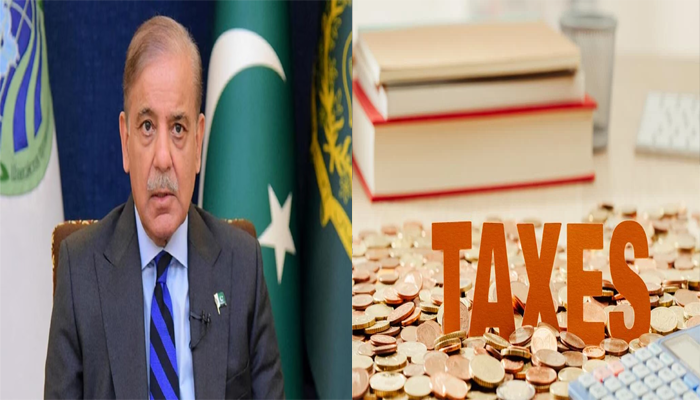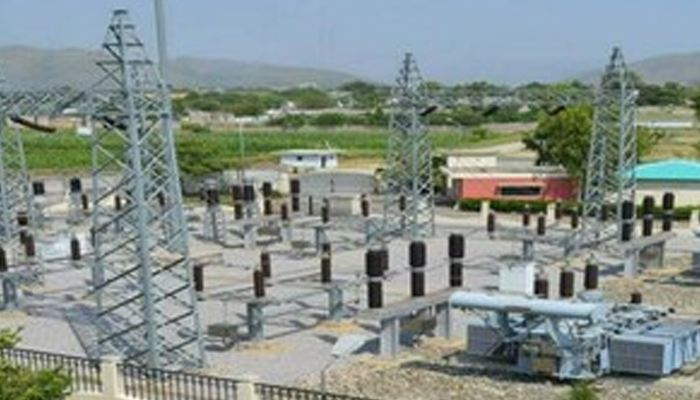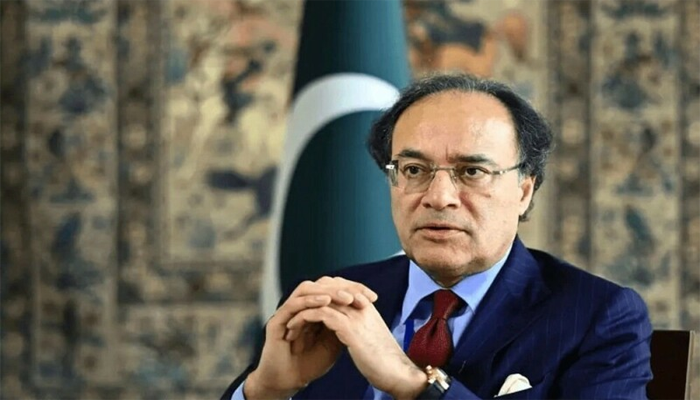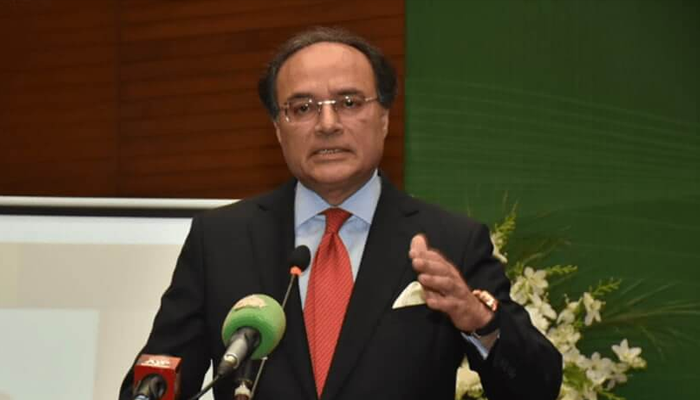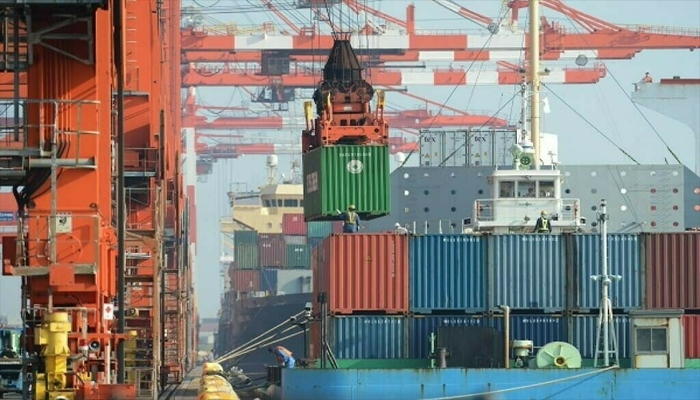ISLAMABAD: The Prime Minister's Committee on Rationalization of Tax Rates met today in Islamabad to discuss Pakistan's current taxation system and its impact on domestic industries. Chaired by Mr. Haroon Akhtar Khan, Special Assistant to the Prime Minister, the meeting brought together senior officials, policy experts, and representatives from the business and industrial sectors.
In his opening address, Mr. Khan emphasized the urgent need for reforms to Pakistan’s tax framework, which he noted has become increasingly burdensome for the country's struggling industrial base. The committee was established following direct instructions from the Prime Minister to assess the current tax rates, identify barriers to growth, and recommend reforms aimed at revitalizing Pakistan’s economy.
Mr. Khan explained that the high tax rates were discouraging investment and leading to the closure of several industrial units across the country. "The current tax structure is not conducive to industrial growth. If we want to compete with our regional counterparts and improve our economic standing, we must create an environment where businesses can flourish," he said.
While discussing the committee's mandate, Mr. Khan stressed that the focus was not only on reducing tax rates but also on establishing a fair and predictable tax regime that would foster economic growth. He pointed out the need to balance revenue generation with industrial development, warning that excessive taxation could hinder long-term economic prosperity.
The committee also delved into the absence of targeted incentives for operational industries and the lack of a comprehensive framework to revive sick industries. Participants acknowledged that the cumulative tax burden, coupled with rising inflation and escalating energy costs, had reduced the competitiveness of Pakistani products, both in domestic and international markets.
“We must work to revive sick industries and support those still operational,” Mr. Khan urged. "This will require a collective effort from tax authorities, industry stakeholders, and policymakers to develop tailored solutions for different sectors." The committee agreed that sector-specific strategies were crucial for addressing the unique challenges faced by different industries.
Furthermore, the committee members discussed the pressing need for a streamlined and less complex tax system that would enhance ease of doing business in Pakistan. It was noted that Pakistan’s existing tax structure, with its numerous exemptions and complex processes, has contributed to widespread non-compliance and a lack of investor confidence.
To ensure that progress is made in a timely manner, Mr. Khan instructed committee members to submit detailed proposals and recommendations ahead of the next meeting. These proposals will be reviewed, and the best solutions will be consolidated into a comprehensive report to be presented to the Prime Minister for potential inclusion in the upcoming federal budget.
The meeting ended with a strong consensus on the necessity of rationalizing tax rates to boost industrial growth, attract investment, and improve Pakistan's competitiveness in regional and global markets. The committee members reiterated their commitment to formulating viable solutions that align with the government’s broader economic reform agenda.

